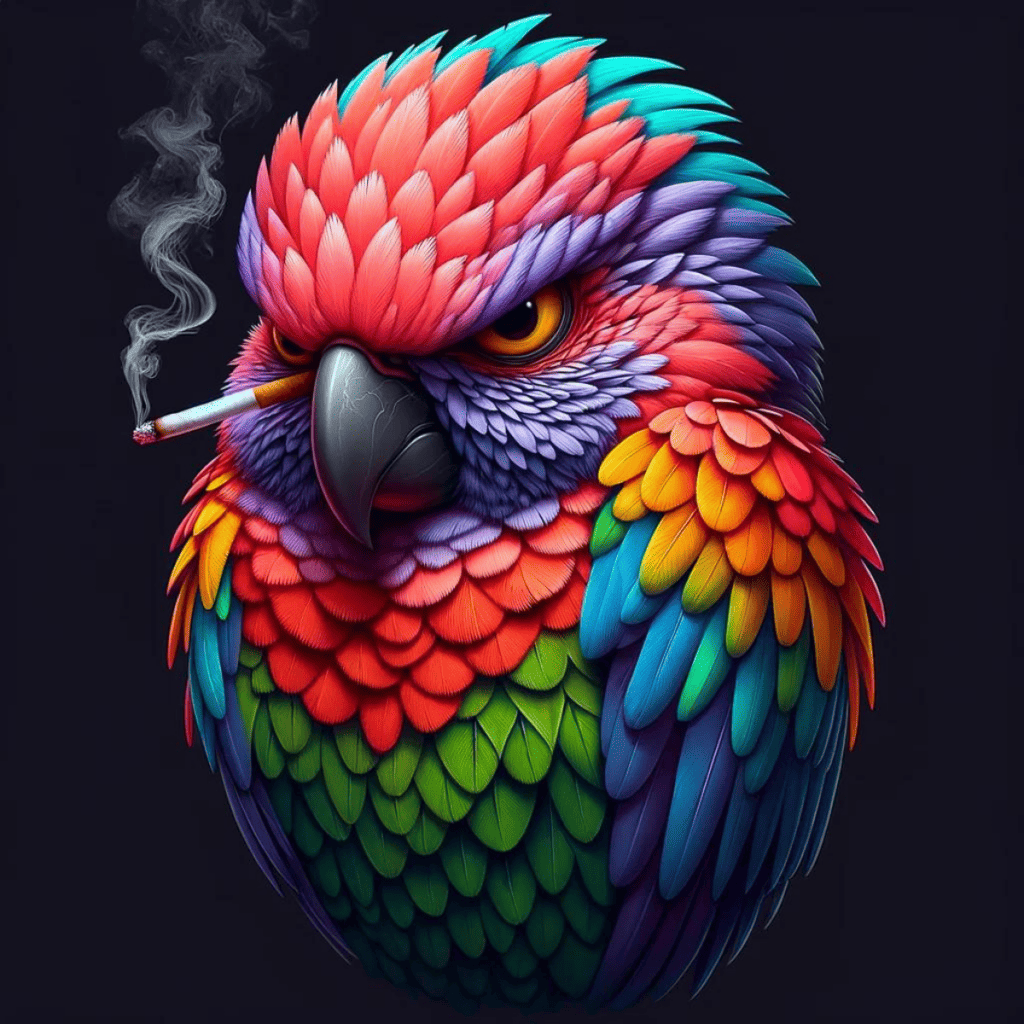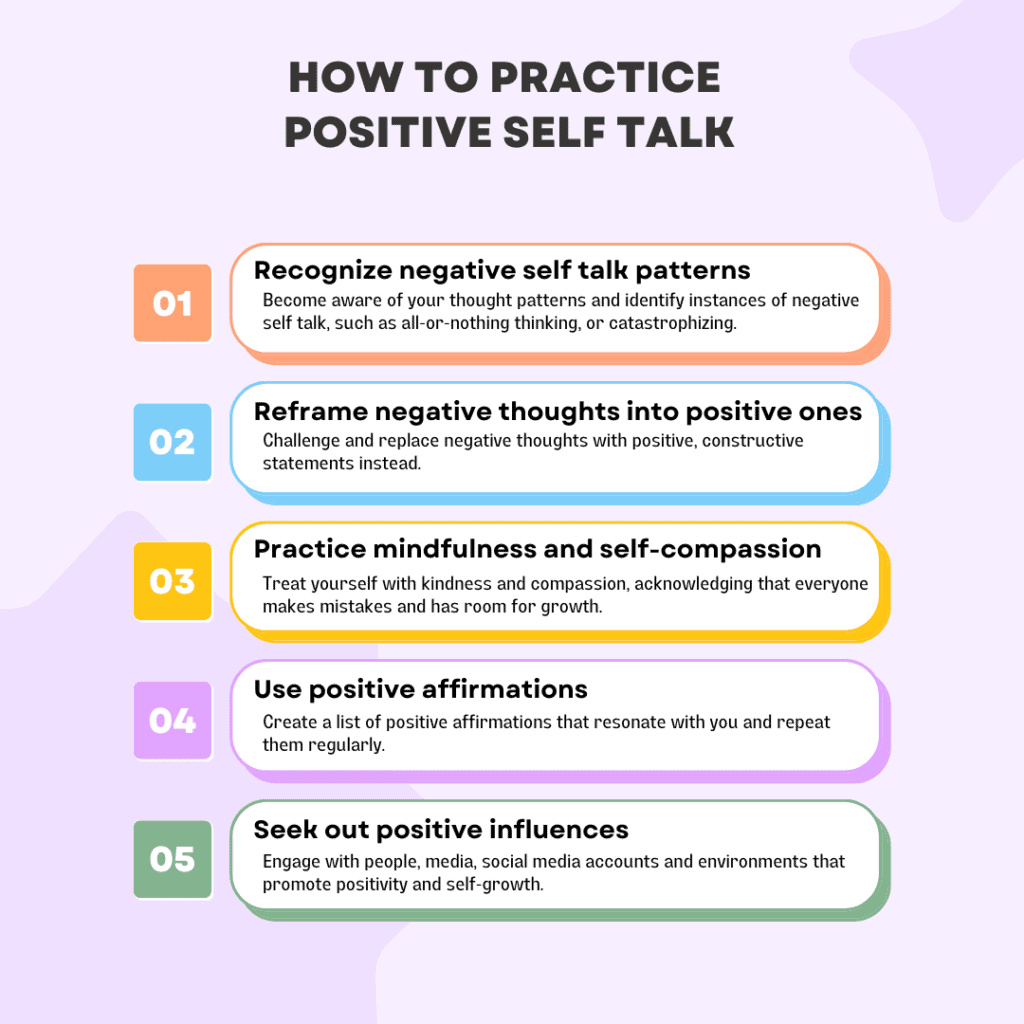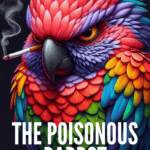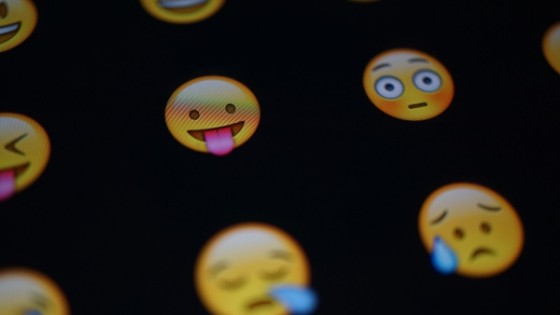Poisonous Parrot: Understanding the Impact of Negative Self-Talk
The ‘Poisonous Parrot’ metaphor,’ is a clever way to explain the harmful chatter of negative self-talk that can affect our mental health and well-being.
Imagine a parrot often perched on your shoulder, whispering words into your ear. But instead of mimicking fun phrases or singing, this one spews out negative comments and criticisms, essentially attacking us with words.
Recognizing and addressing this parrot is crucial for fostering a healthier mindset.

The Nature of the Poisonous Parrot
At first glance, the Poisonous Parrot might seem harmless. However, this parrot is not a kind friend.
It represents the stream of negative thoughts that often run through our minds, mostly unnoticed, but always causing impact.
These thoughts might stem from past experiences, societal pressures, or personal expectations, constantly echoing doubts and criticisms within us.
The Effects of Negative Self Talk
The impact of this parrot’s words can be profound, touching every aspect of life.
It might whisper, “You’re not good enough,” or “You will just stuff it up anyway” , or “Why bother trying?” leading to feelings of inadequacy and despair.
Left unchecked, this negative self-talk can really damage our mental health, strain relationships, hinder work performance, and diminish our overall quality of life.
Perhaps worst of all, it can also create a self-fulfilling prophecy, where our inner negativity shapes our reality, which then just reinforces the parrot’s poisonous words to us.
Identifying Your Poisonous Parrot
To deal with and silence the parrot, we first need to recognize its presence.
This might involve mindfulness, where we observe our thoughts without judgment, or journaling, where we record these negative thoughts in order to identify patterns.
Self-awareness is key in distinguishing between constructive criticism and destructive negativity, allowing us to understand when the parrot is speaking, versus when we know we need to improve on something.
The Poisonous Parrot Metaphor
Viewing the ‘Poisonous Parrot’ in a light-hearted manner offers a unique approach to recognizing negative self-talk.
By picturing our inner critic as a quirky, albeit toxic, parrot, we grant ourselves the ability to see these negative thoughts with a bit of detachment and humor.
This imaginative perspective not only makes it easier to spot when we’re being too hard on ourselves, but also softens the impact of these internal criticisms.
They can even become quite laughable – and like any bully, the parrot starts to shirk away!
It’s a creative strategy that encourages us to smile at the absurdity of the parrot’s doom-and-gloom predictions, fostering a healthier, more compassionate dialogue with ourselves.
Silencing the Poisonous Parrot
Challenging the parrot sometimes involves more assistance that just recognizing and laughing at it though. Cognitive-behavioral strategies, like questioning the truth of its words, and reframing negative thoughts into positive ones can also help.
Support from friends, therapy, or professional guidance can be invaluable in this process.

Remember, changing these thought patterns takes time and self-compassion.
The Poisonous Parrot of negative self-talk is a formidable foe, but not an invincible one. Half the battle is becoming aware of the negative thoughts and knowing that we don’t have to accept them.
So start ‘calling out’ your parrot on it’s lousy behavior and start noticing the difference it makes to your life!
For more reading, be sure to check out:





